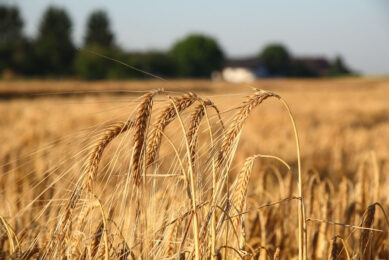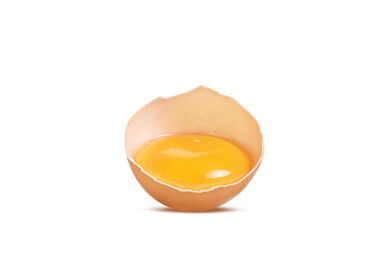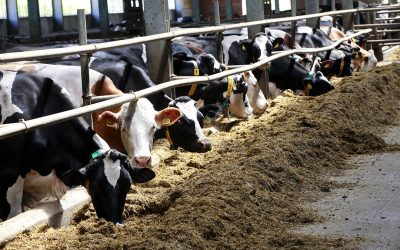EU experts clash on approving GMO maize

EU food safety experts failed on Monday to agree on allowing imports of a genetically modified (GMO) maize type, sending the application to agriculture ministers for further debate, the European Commission said.
The committee returned no definitive decision either for or against the
proposed authorisation. As a result, the Commission must now transmit the
dossier to Council (of EU ministers).
If the Council does not reach a
position within 3 months, the proposal is sent back to the Commission for final
adoption.
The maize, known commercially as Herculex RW and also by the code number 59122, is
jointly made by Pioneer Hi-Bred International, a subsidiary of DuPont Co. and
Dow AgroSciences unit Mycogen Seeds.
Herculex RW is designed to protect
against larval stages of corn rootworm, which eats through plant roots and so
reduces yield and nutrients. It also resists the active herbicide ingredient
glusofinate ammonium. It is approved in the USA.
Its requested
use in the EU is in food, animal feed and also in industrial processing. If the
EU ministers cannot agree – a likely scenario, diplomats say – the Commission
usually issues its own approval under a legal default process.
Close
call
Monday’s vote was one of the EU’s closest in recent years for
authorising a new GMO application, with the 27 experts coming closer than
expected towards reaching a consensus majority under the bloc’s weighted voting
system.
France, Ireland and Italy abstained in the vote, officials said.
It was not immediately clear which way other countries voted but it appeared
there were a large number in favour.
Frustration
Industry
sources voiced frustration with the EU’s delay in authorising a GMO product that
has already won approval to be grown in several other countries.
Analysis
of recent GMO voting patterns shows that the consistent blocking minority of EU
governments may be eroding as some smaller countries are opting to abstain than
reject an application outright — so weakening the anti-GMO camp.
Some
countries, like Britain, Finland and the Netherlands, almost always vote in
favour of approving new GMOs. They are offset by a group of GMO-sceptic states
like Austria, Greece and Luxembourg, which vote against and force a
stalemate.
European consumers are well known for their wariness towards biotech foods,
many of which have not been approved for sale in the EU. In April, Dutch
authorities detected corn gluten feed derived from Herculex RW that was
delivered to several animal feed companies in the Netherlands, and partially
consumed.











